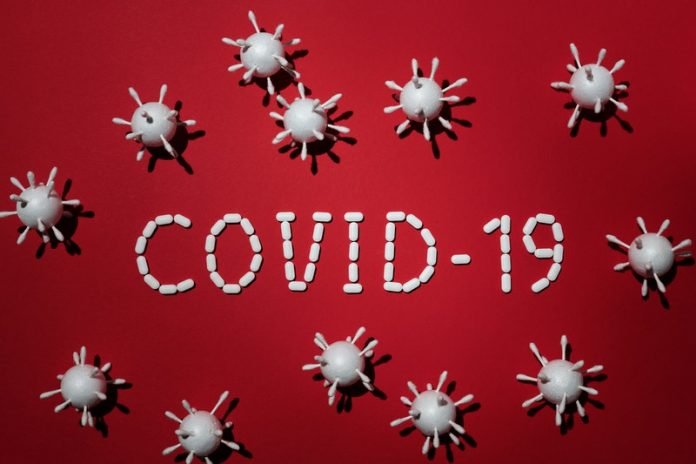
In a recent study, researchers published an article about the COVID-19 virus and its characteristic spike protein.
They predict which antibodies would provide the best protection against the virus and which vaccines might help.
The research was conducted by a team at Leiden University.
In the study, the team described how the human immune system responds to coronavirus. Coronavirus (SARS-CoV-2) is a new microorganism.
This means that people need a well-functioning immune system that can quickly and efficiently produce antibodies to the virus.
The researchers used bioinformatics tools to conduct an in-depth analysis of published data.
They conclude that the binding of the virus’s spike protein to the human mucous membranes is unusually high.
This binds almost perfectly—with no fewer than 18 contact points—to the human ACE2 protein, something that is very uncommon in nature.
This information about the viral protein and its role tells the immunologists that our immune system has to produce what are known as neutralizing antibodies, which preferably immediately block the contact between the spike protein and the human ACE2 molecule.
The contact domain is unusually large, however, and the spike protein has a high binding affinity.
The researchers therefore conclude that a person who has been infected or immunized should preferably produce several (different) antibodies that target the different sections of the viral spike protein’s binding domain.
In the article, the researchers predict which types of antibodies and vaccines would be most effective.
The researchers end by considering the matter of transmission between humans and animals.
They looked at which classic pets or domesticated animals have the same ACE2 protein as humans, and found that a cat’s ACE2 protein is very similar to that of a human.
To further study the production of the right antibodies by immune cells, cellular immune monitoring analyses are being carried out at the lab.
One author of the study is Jacques van Dongen.
The study is published in Frontiers in Immunology.
Copyright © 2020 Knowridge Science Report. All rights reserved.



